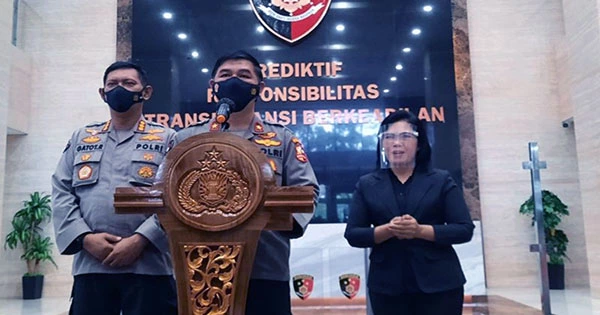According to Brazilian Federal Police, a human hand and three placentas were delivered from a university in Brazil to an unconventional fashion designer in Singapore in a case of suspected human organ trafficking. Before being delivered from the Amazonas State University (UEA) in Manaus, Brazil, the hand and placentas were plastinated, a popular preservation process for museums and research.
After receiving information regarding the probable trafficking of human remains, police conducted an anti-trafficking raid, and a professor from the school’s anatomy lab was suspended. He could face up to 8 years in jail if convicted of international human organ trafficking.
“The suspects are accused of sending plastinated human organs to Singapore, according to the investigations.” “Plastination is a modern technical process for preserving biological material that entails chemically removing bodily fluids (water and fixing solutions) and fats and replacing them with plastic resins such as silicon, polyester, and epoxy, resulting in dry, odourless, and durable tissues,” according to a statement from the Brazilian Federal Police.
The remains were allegedly intended to be utilized by a well-known Indonesian fashion designer to create “accessories/clothing with human material.” Arnold Putra, the designer, has previously been chastised for manufacturing “designer” accessories out of human parts, including a bag made of “ethically-sourced” human spines and alligator tongues, with some media reports alleging that the spine was that of a kid.
Putra claimed he had paperwork proving the pieces came from a Canadian medical surplus. The remains have already departed Brazilian borders, according to comments made over a secure line to vice by a Brazilian federal police officer, and it is unclear whether they have been intercepted.
A human hand, together with three packets of human placenta, was packed and shipped to Singapore, according to Brazilian Federal Police. The anti-human trafficking operation began on Tuesday morning with a raid at Manaus’ Amazonas State University (UEA). The organs were destined for “a well-known Indonesian designer who sells accessories and clothes made from natural materials,” according to authorities.
The Third Committee (Social, Humanitarian, and Cultural Affairs) endorsed its first-ever draft resolution on preventing human organ trafficking, which Spain’s representative described as a “unique” approach to crime prevention. It was one of two resolutions accepted without a vote, titled “Strengthening and promoting effective measures and international cooperation on organ donation and transplantation to prevent and combat trafficking in persons for the purpose of organ removal and trafficking in human organs.”
















